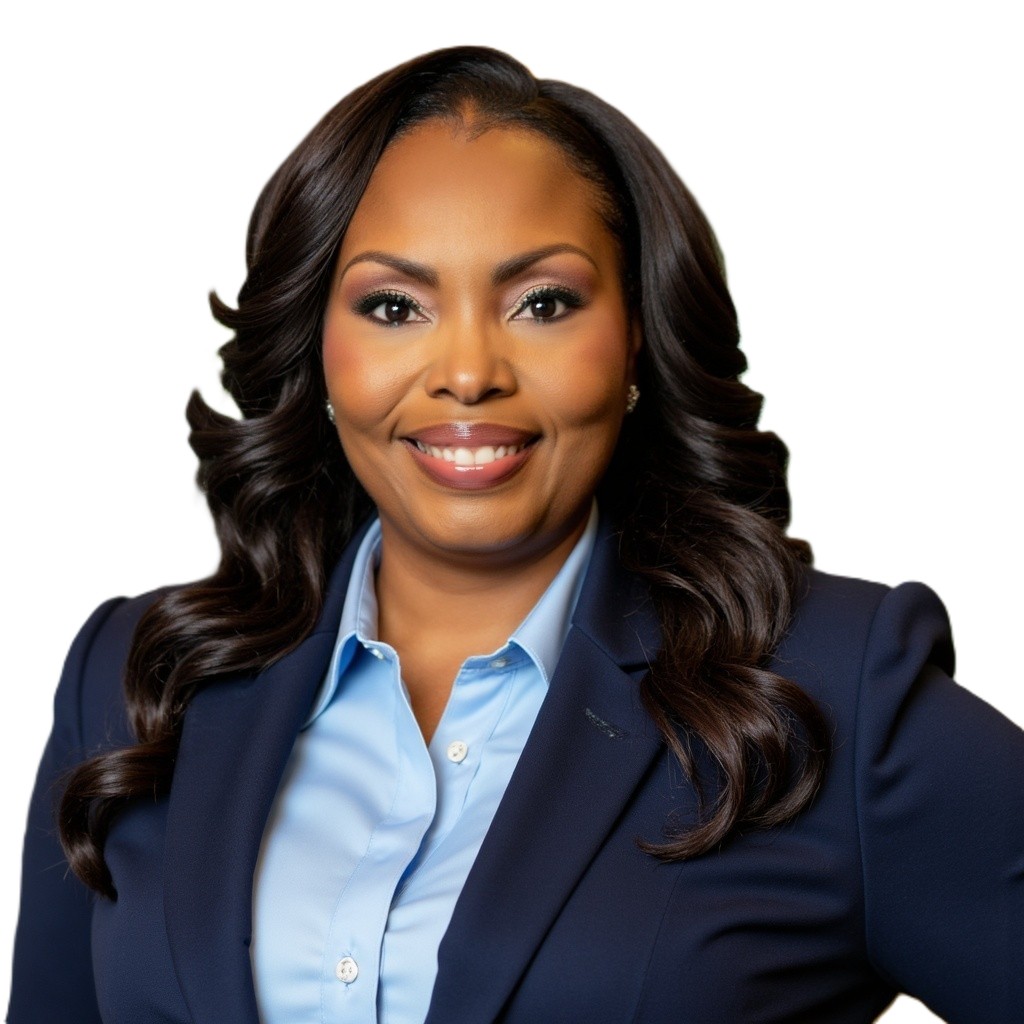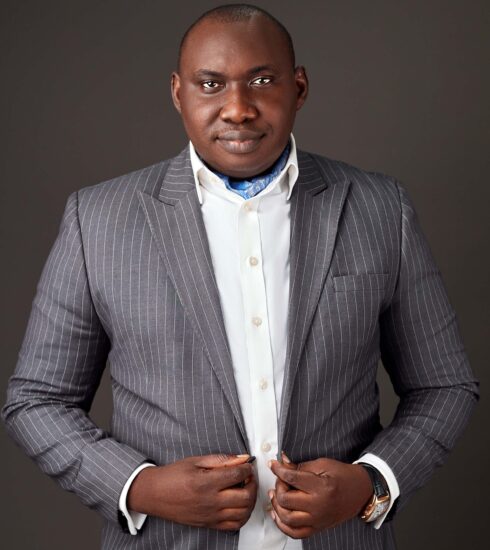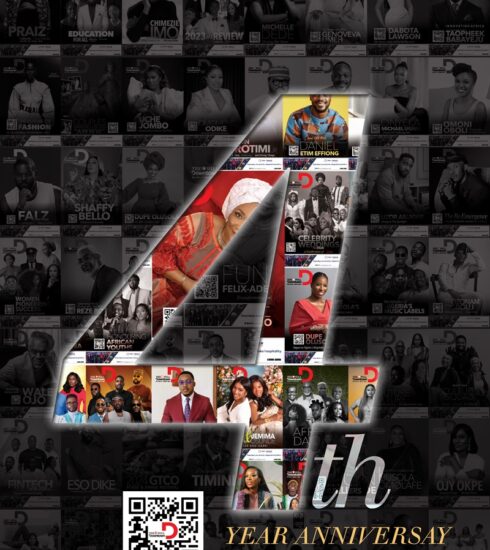Chantel Ross Francois: Redefining Tourism
When you think of destination marketing, few names combine international expertise, local impact, and visionary leadership quite like Chantel Ross Francois. As the newly appointed President of the East Point Convention & Visitors Bureau (EPCVB), she’s tasked with shaping the narrative, visitor experience, and economic uplift of a city that sits just minutes from one of the busiest airports in the world—Hartsfield-Jackson Atlanta International. Her journey to this pivotal role has been marked by a series of strategic leadership positions across convention & visitors bureaus, both in the Caribbean and in the U.S. From her time as CEO of the Trinidad & Tobago Convention & Visitors Bureau, to directing tourism in Douglasville and leading operations in South Fulton, she has built a reputation not just for delivering results, but for leveraging partnerships, storytelling, and authentic branding to make places matter.
Chantel’s work is more than campaigns and metrics; it’s about reimagining how cities welcome people. She has earned accolades such as YWCA Women of the Year and top-100 recognitions, and has been featured internationally; yet, what stands out is her ability to merge a big-picture vision with hands-on execution. In this conversation with THEWILL DOWNTOWN’s Johnson Chukwueke, she dives into her strategy for East Point, how she balances global standards with local character, and what drives her passion for inclusive destination marketing and visitor storytelling.

You’ve had such a rich international career across the U.S. and the Caribbean. What part of your upbringing or personal journey shaped your love for tourism and cultural exchange?
Growing up in a Canadian Caribbean American household gave me such a unique lens on the world. From an early age, I was surrounded by different cultures, traditions, and values, and it taught me that hospitality is more than just service; it’s a connection. Every family gathering was like a mini cultural exchange, and that naturally expanded into a love for showcasing destinations, cultures, and experiences on a larger scale. Tourism for me has always been a passion and a bridge; it’s about bringing people together and creating spaces where the world feels a little smaller and more familiar.
As one of the few Black women to lead metropolitan convention bureaus in the U.S., what challenges have you faced, and how have you turned them into opportunities?
Representation in leadership is still evolving in this industry, so naturally, there have been moments where I felt the weight of being “the only one in the room.” But I’ve learned to transform that pressure into purpose. Instead of allowing it to be a barrier, I’ve used it as a platform to advocate for inclusion, to mentor, and to ensure our strategies reflect the voices and cultures that often go unheard. Every challenge has been an opportunity to prove that diversity isn’t just a seat at the table, it’s the key to innovation and growth.
You’ve worked with global leaders and dignitaries—what has been your most memorable experience leading a tourism campaign or international partnership?
One of the most rewarding experiences was spearheading a high-level Caribbean U.S. tourism initiative that highlighted cultural exchange through music, cuisine, and heritage. Seeing leaders, artists, and everyday people connect on common ground was powerful. What made it memorable wasn’t just the partnership at the top; it was watching visitors leave with a deeper respect and appreciation for cultures outside of their own. That’s the heart of tourism: sparking curiosity and creating lasting bonds.
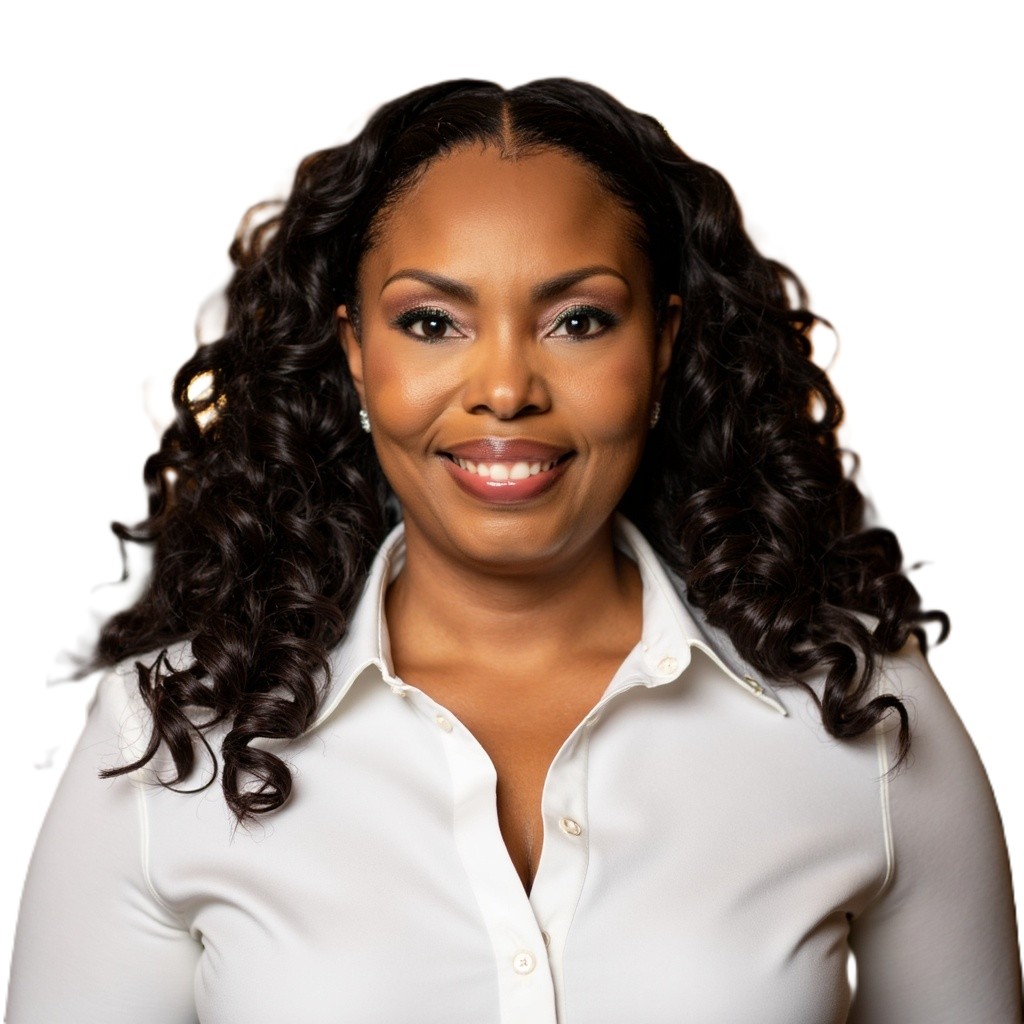
You often describe faith and discernment as your superpowers. How have these values guided your leadership style in such a demanding industry?
Faith grounds me, and discernment guides me. In an industry where decisions are fast-paced and stakes are high, having those anchors helps me filter out the noise and stay focused on what truly matters. Faith reminds me that leadership isn’t about ego, it’s about service. Discernment gives me clarity, knowing when to push forward, when to pivot, and when to pause. Together, they’ve allowed me to lead with integrity while still driving bold and ambitious goals.
East Point is positioning itself as a cultural and entertainment hub; what is your long-term vision for EPCVB in the next 5–10 years?
My vision is to establish East Point as a premier destination that merges business with culture. Over the next decade, I see us becoming the go-to city for conventions and cultural events that not only draw national attention but also international acclaim. That means investing in world-class facilities, building strong partnerships with international partners, entertainment, cultural industries, and continuing to celebrate the diversity that makes East Point so vibrant. I see us becoming not just a place “Where the World Meets” but a place to experience.
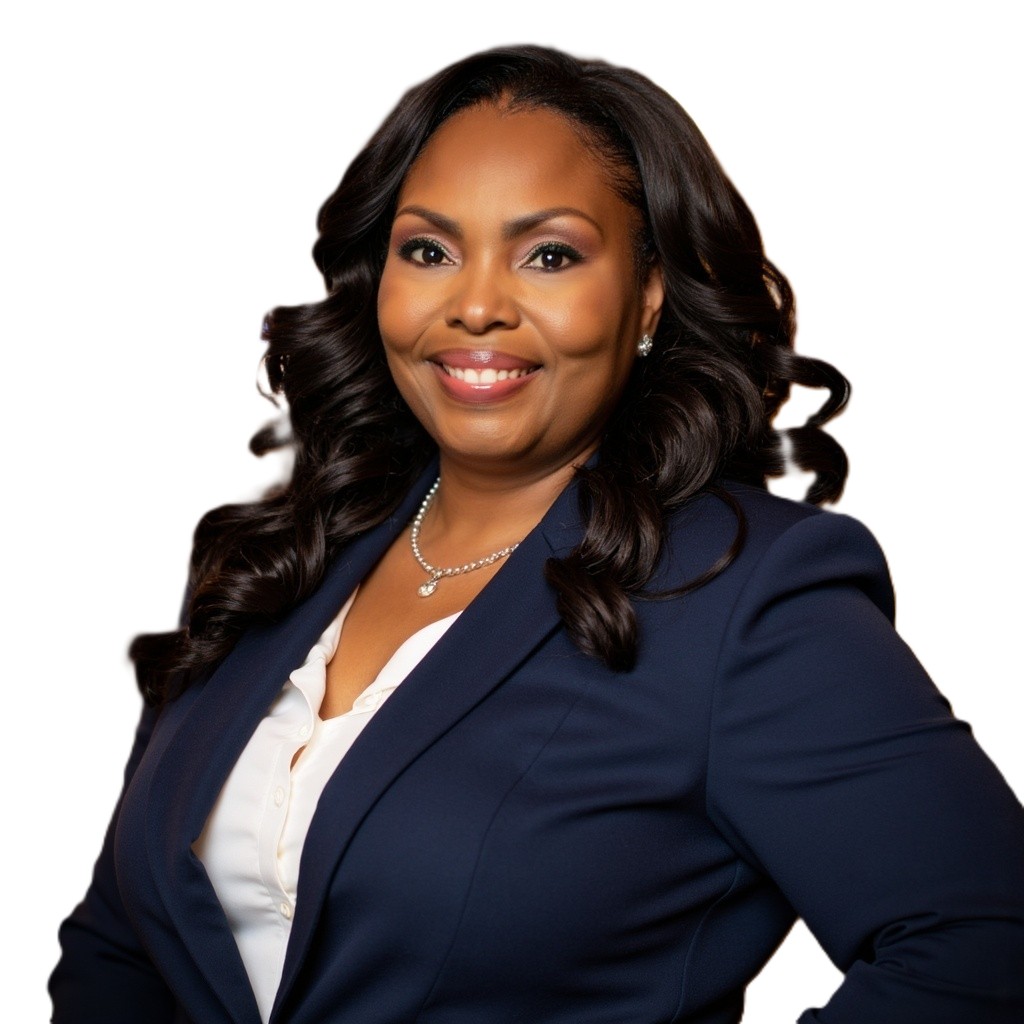
Beyond your current role, do you see yourself expanding into other areas of leadership, perhaps in politics, global tourism, or broader cultural diplomacy?
Absolutely. Tourism is inherently connected to diplomacy and policy, and I see myself stepping more into that global space in the future. Whether it’s shaping cultural policy or expanding into international tourism diplomacy, I want to continue amplifying the role that culture and travel play in uniting communities. The foundation I’m building at EPCVB is just the beginning.
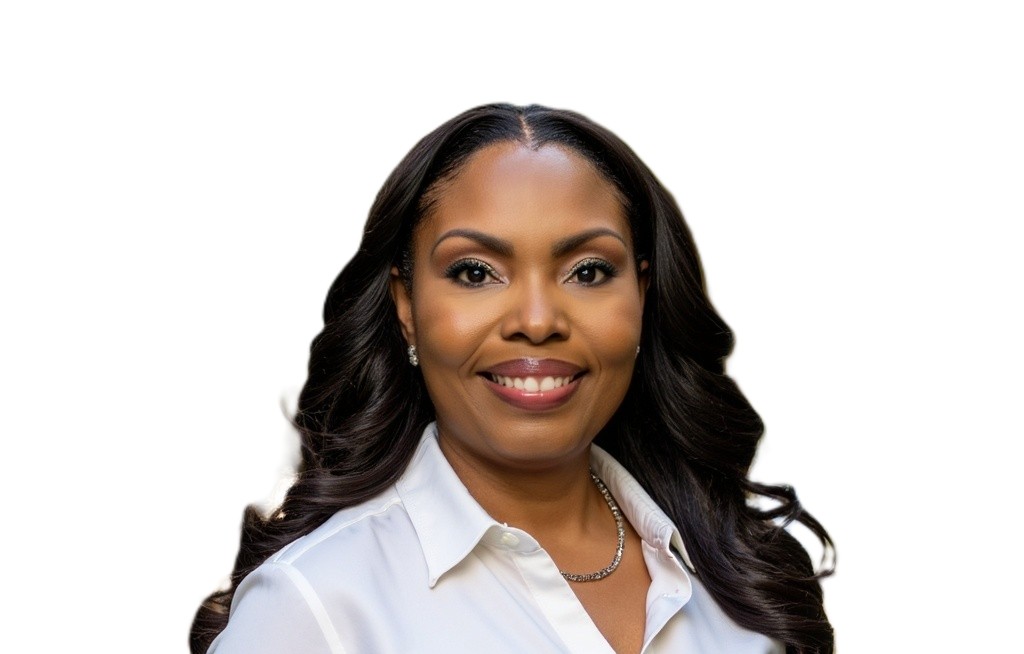
Many young women look up to you as a trailblazer. What advice would you give to aspiring leaders who want to break into the tourism and hospitality industry?
My biggest advice is to own your uniqueness, don’t shrink yourself to fit into outdated moulds. This industry thrives on fresh ideas, so bring your whole self to the table. Build relationships, never stop learning, and know that resilience is as important as ambition. And always remember you’re not just representing yourself, you’re opening doors for the next generation of women who will follow in your footsteps.
Outside of your professional work, what are some personal passions or hobbies that bring you joy and help you stay grounded?
Gardening is another passion of mine; it connects me to nature, grounds me in the most relaxing manner, and rejuvenates me with energy when I need it most. Travelling, of course, is still something I enjoy personally, but I also find joy in simple things: time with family, or long, quiet walks that let me reflect. Those moments keep me balanced and remind me of the “why” behind the work I do.
